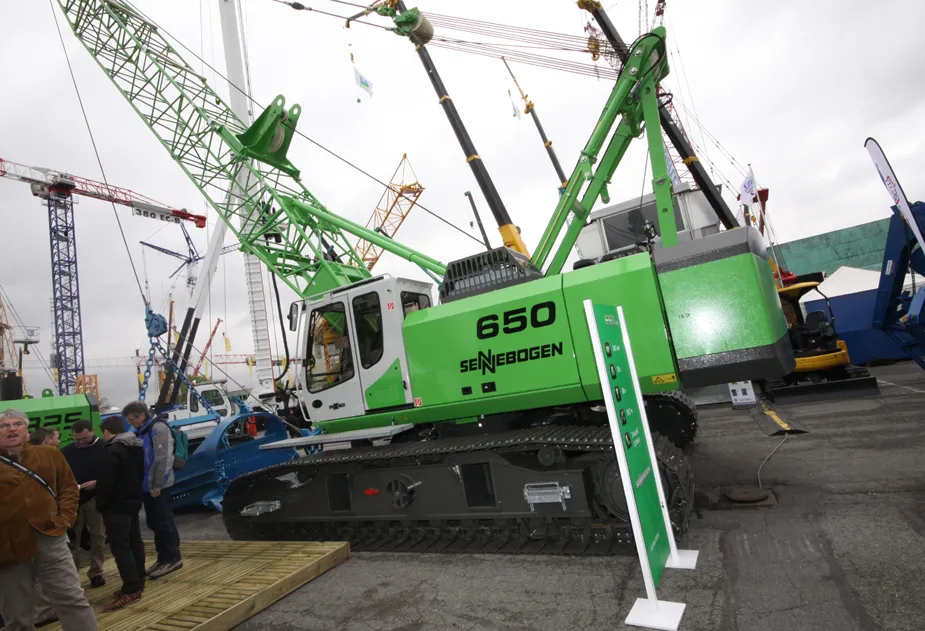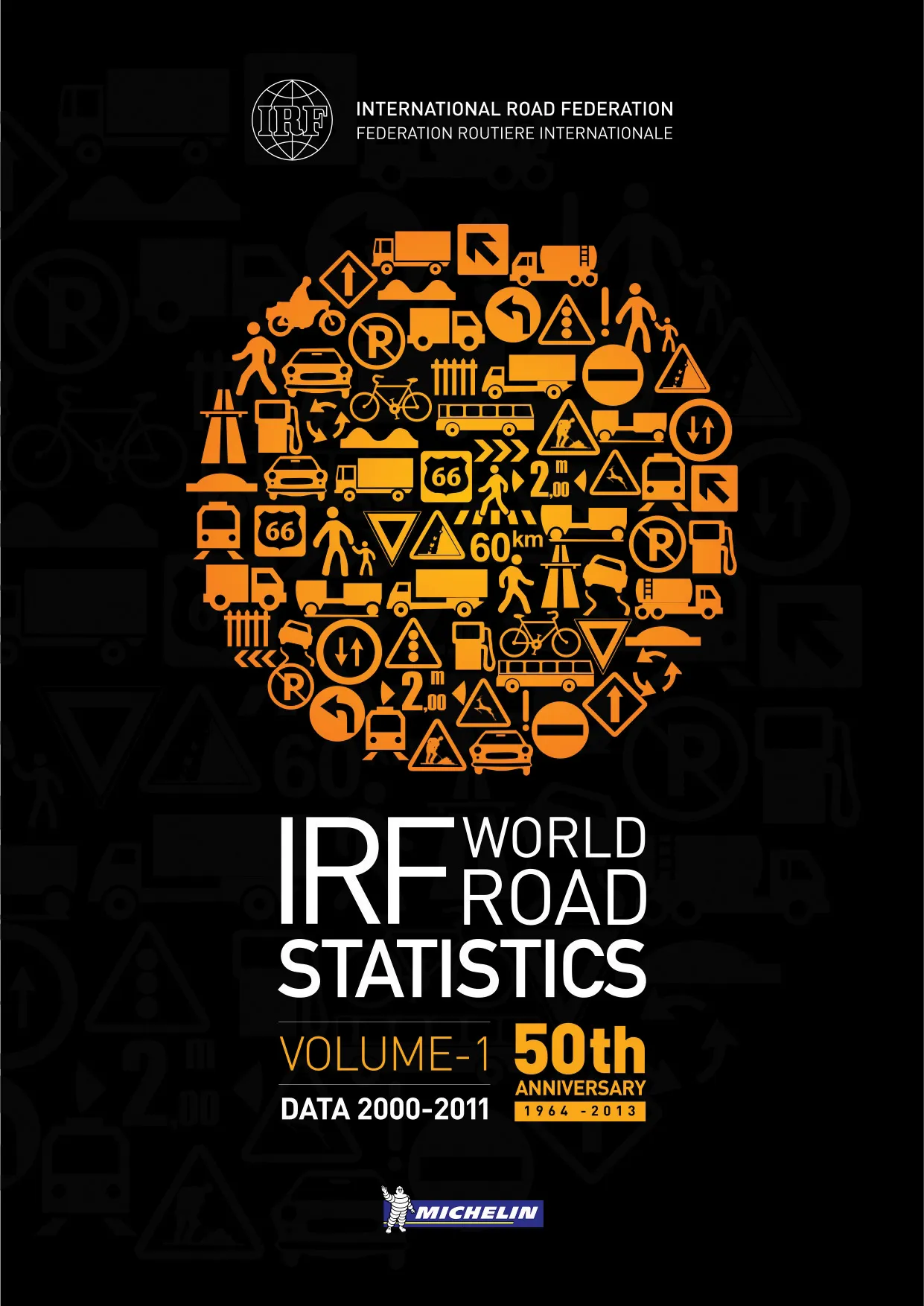A survey of more than 200 major global cities shows that commuters in Istanbul experience the worst overall traffic congestion.
The average 30-minute drive in Istanbul takes more than an hour during evening rush hour, leading to an extra 125 hours wasted stuck in traffic every year, according to the latest Traffic Index Survey from Tom Tom.
However, in Los Angeles, a 30 minute commute in the evening rush hour will take 54 minutes, adding an extra 92 hours annually.
April 10, 2015
Read time: 2 mins
A survey of more than 200 major global cities shows that commuters in Istanbul experience the worst overall traffic congestion.
The average 30-minute drive in Istanbul takes more than an hour during evening rush hour, leading to an extra 125 hours wasted stuck in traffic every year, according to the latest Traffic Index Survey from Tom Tom.
However, in Los Angeles, a 30 minute commute in the evening rush hour will take 54 minutes, adding an extra 92 hours annually.
This year3972 TomTom has expanded its Traffic Index to 218 cities in 36 countries. For the first time, the index includes traffic information for China, Romania, Taiwan, Saudi Arabia, Singapore, Slovakia and United Arab Emirates. The Traffic Index is based on data collected during 2014.
Overall ranking of most congested cities in 2014:
1. Istanbul (Turkey)
2. Mexico City
3. Rio de Janeiro (Brazil)
4. Moscow
5. Salvador (Brazil)
6. Recife (Brazil)
7. St. Petersburg (Russia)
8. Bucharest (Romania)
9. Warsaw (Poland)
10. Los Angeles
Top ten cities with the worst evening rush hour:
1. Istanbul
2. Moscow
3. St. Petersburg
4. Mexico City
5. Chongqing (China)
6. Recife
7. Bucharest
8. Rio de Janeiro
9. Shenzhen (China)
10. Los Angeles
The survey also showed that traffic congestion in UK cities has worsened considerably over the past year, as World Highways had reported earlier. Average journeys in the UK last year took 29% longer than they would in free-flowing traffic – up from a 27% in 2013.
The only UK city where congestion had improved is Bristol, down from 32% to 29% per cent.
To find out more information on the Traffic Index, %$Linker:2 External <?xml version="1.0" encoding="utf-16"?><dictionary /> 0 0 0 oLinkExternal click here Visit TomTom Page false http://www.tomtom.com/trafficindex false false %>.
The average 30-minute drive in Istanbul takes more than an hour during evening rush hour, leading to an extra 125 hours wasted stuck in traffic every year, according to the latest Traffic Index Survey from Tom Tom.
However, in Los Angeles, a 30 minute commute in the evening rush hour will take 54 minutes, adding an extra 92 hours annually.
This year
Overall ranking of most congested cities in 2014:
1. Istanbul (Turkey)
2. Mexico City
3. Rio de Janeiro (Brazil)
4. Moscow
5. Salvador (Brazil)
6. Recife (Brazil)
7. St. Petersburg (Russia)
8. Bucharest (Romania)
9. Warsaw (Poland)
10. Los Angeles
Top ten cities with the worst evening rush hour:
1. Istanbul
2. Moscow
3. St. Petersburg
4. Mexico City
5. Chongqing (China)
6. Recife
7. Bucharest
8. Rio de Janeiro
9. Shenzhen (China)
10. Los Angeles
The survey also showed that traffic congestion in UK cities has worsened considerably over the past year, as World Highways had reported earlier. Average journeys in the UK last year took 29% longer than they would in free-flowing traffic – up from a 27% in 2013.
The only UK city where congestion had improved is Bristol, down from 32% to 29% per cent.
To find out more information on the Traffic Index, %$Linker:







